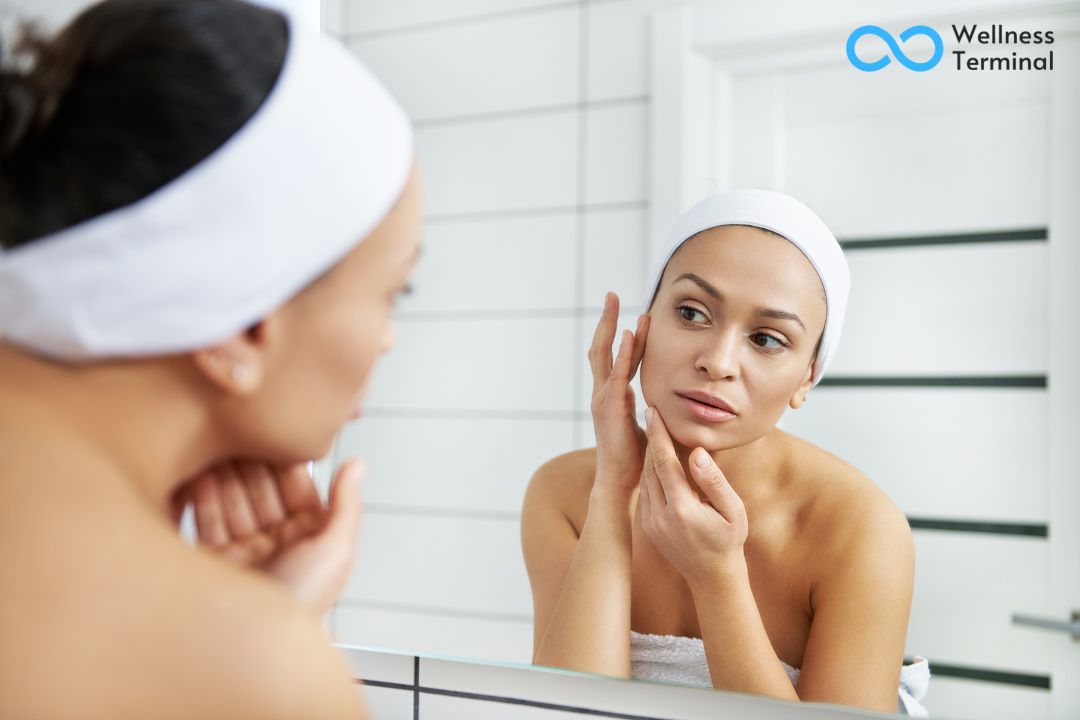The term “sensitive skin” is commonly used on skincare product packaging, by doctors, and even in casual discussions among friends and family. But how can you tell whether you have sensitive skin in the first place? And if you do, what can you do about it?
Sensitive skin refers to a variety of disorders ranging from inherited ailments like rosacea and eczema to severe allergies. While many people may experience a skin reaction as a result of exposure to a product or substance at some point in their lives, those with chronic concerns are more prone to having sensitive skin.
Symptoms of Sensitive Skin
Sun sensitivity is a key one. You may have sensitive skin if it stings, becomes pink, is bumpy, or breaks out readily when you use new products. Redness, itching, dry spots, and recurrent rashes are other common symptoms.
Inflammation is the fundamental cause of sensitive skin. It's known as inflammation because it hastens the degradation of collagen and the extracellular matrix, resulting in redness, flakiness, and irritated skin. This ailment can last a short time, although it is frequently chronic. When rosacea, eczema, or other skin problems like lupus or hormone issues are linked, sensitive skin can be inherited.
Although anyone's skin can respond to some irritants, having sensitive skin on a regular basis could indicate an underlying issue.
Sensitive skin is not an illness that can be diagnosed by a doctor. It's usually a sign of something else. You may not be aware that you have sensitive skin until you experience a negative reaction to a cosmetic product such as soap, moisturizer, or cosmetics. Make an effort to determine the source of your allergic reaction so that you can avoid it in the future.
Tips for sensitive skin in general
When you have sensitive skin, everything seems to irritate you. However, by making a few lifestyle changes, you might see a considerable difference. Here are some helpful suggestions for anyone with sensitive skin:
- Shower for 5 to 10 minutes in warm — not hot — water.
- Use a fragrance-free, mild soap
- Instead of perfumes, utilize essential oils.
- Pat yourself dry after a shower (rather than rubbing) and apply moisturizer as soon as possible.
- Before trying a complete application, test new products on a small patch of skin for at least one day.

